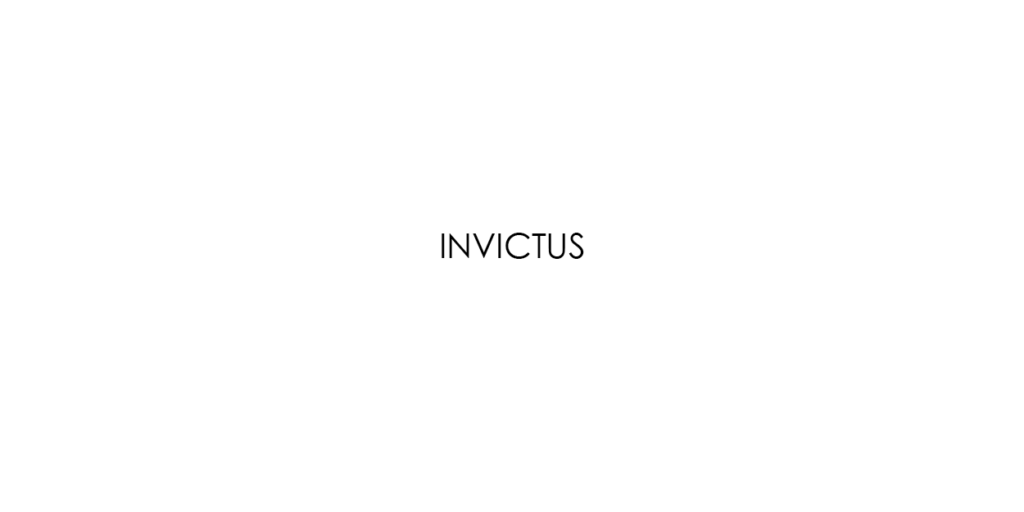« Beyond this place of wrath and tears
Looms but the Horror of the shade,
And yet the menace of the years
Finds and shall find me unafraid.
It matters not how strait the gate,
How charged with punishments the scroll,
I am the master of my fate :
I am the captain of my soul »[1]
The exhibition “Invictus” presented by the Félix Frachon gallery is an ode by artist Dimitri Fagbohoun to the power of colonized peoples. Power in the ability they had to resist against the oppressor, beyond pain and fears.
If the artist was inspired by the eponymous poem, he retains its sacred character, a recurring theme in his work. He is also particularly interested in the resilience of its author, which he likens to that of an entire people.
The notions of possession, wealth, domination but also submission and resilience are at the heart of the research carried out by the artist. How to expiate the past and overcome the collective trauma. How to free yourself from history and write your future, whether you are a victim or an executioner? Following on from the Recollection exhibition, in which he was interested in the influence of so-called « negro » arts in the history of Western art, the artist here questions the ambitions of a single man to the detriment of thousands of others.
“Why all these deaths in the middle of colonial Africa? Why this incomprehensible oversight? This silence, that nothing or so little comes to disturb? The facts, however historical, took place in full view of all, decided in the heart of a conscious, documented, active Europe. Everything has been written, read, denounced, proven, argued. At no time was it possible to ignore it, even out of courtesy”[2].
True to its universe, the color black predominates in new forms. Drawings, made on black paper, evoke the black cruise and the exploitation of copper mines. Like spirits, silhouettes of masks appear on the paper born of a single gesture, fleeting, evanescent. Incarnations of ancestors who lived through the horror. Nearby, the ceramic bust of the sovereign recalls colonial history and its contemporary repercussions.
Between the personal interpretation of the artist and the collective memory of an entire people, the Invictus exhibition brings together deeply personal works of universal significance. Tribute to the memory of an entire people, homage to Africa and its traditions.
[1] Passage of the poem “invictus” 1888, by William Ernest Henley.
[2] Marc Wiltz, (it rains hands in Congo) “ Il pleut des mains au Congo”, 2015

